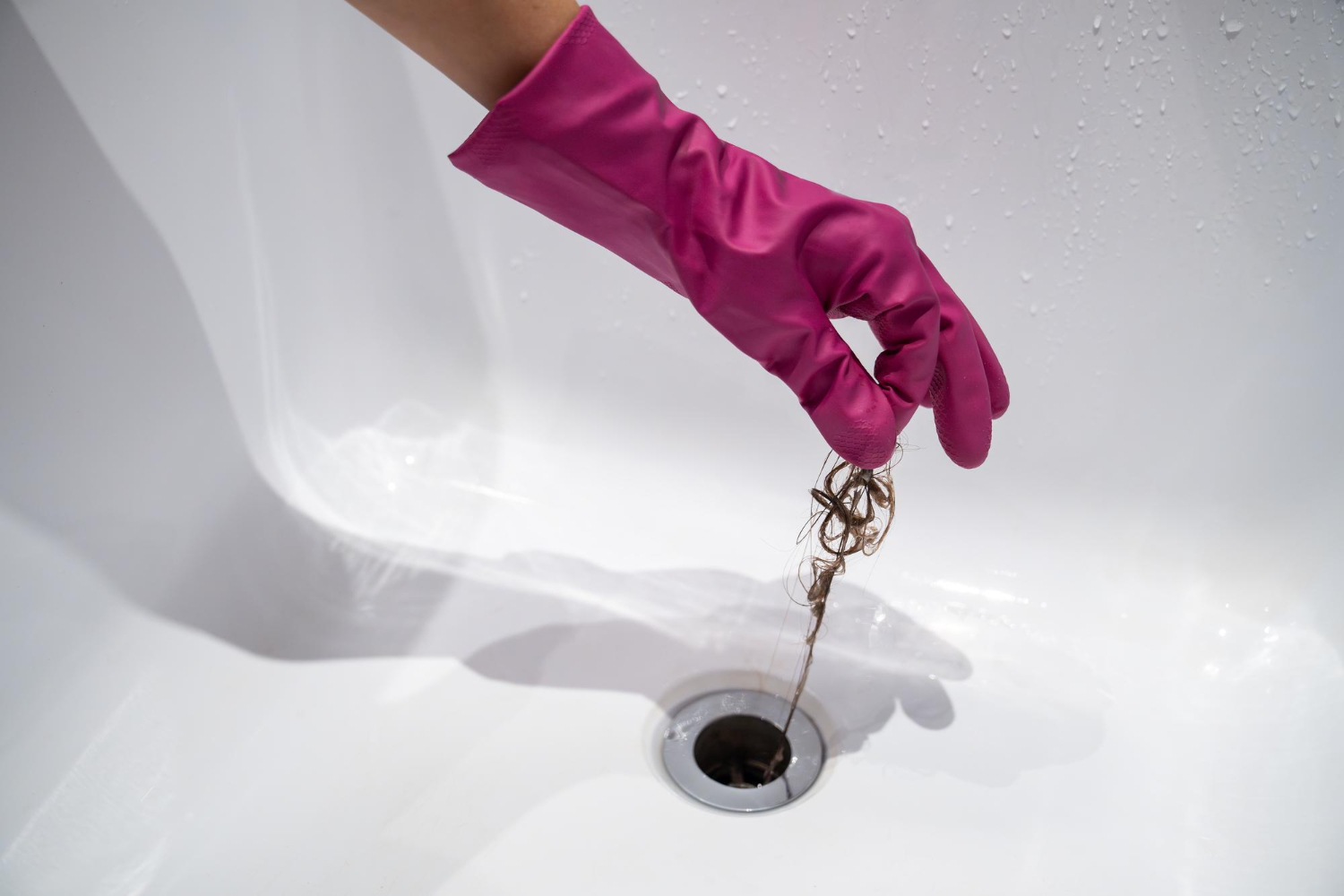When it comes to buying or selling valuable items like a car or a boat, the process can sometimes feel overwhelming. Among the various documents involved is the bill of sale, which is crucial for transferring ownership.
But, can you notarize a bill of sale without the other party present? This comprehensive guide will explore the intricacies of the notarization process, its importance, and what you need to know to ensure a smooth transaction.
What is a Bill of Sale?
A bill of sale is a legal document that acts as proof of ownership transfer from the seller to the buyer. It essentially serves as a receipt and includes important details about the transaction.
Whether you’re selling a car, a piece of furniture, or even livestock, a bill of sale is essential. It typically outlines the names of both parties involved, a description of the item, the sale price, and the date of the transaction.
There are various types of bills of sale depending on the item being sold. For instance, a vehicle bill of sale may include specific details like the VIN number, odometer reading, and license plate number.
On the other hand, a bill of sale for a piece of art may focus more on the artist’s name and the artwork’s condition. Regardless of the item, the primary purpose of a bill of sale is to serve as a legal record of the transaction.
Importance of Notarizing a Bill of Sale
Notarizing a bill of sale adds an extra layer of protection for both the buyer and the seller. While not always legally required, a notarized bill of sale can prevent fraud and ensure that all parties’ identities are verified. It provides a stronger legal standing in the event of disputes and can be crucial for high-value transactions.
In some states, notarization is mandatory for specific transactions, particularly those involving vehicles or boats. Even when it’s not required, having your bill of sale notarized can make the transfer of ownership smoother and more secure.
It assures both parties that the transaction details have been reviewed and authenticated by an impartial third party, adding to the document’s credibility.
Can You Notarize a Bill of Sale Without the Other Party?
The answer is yes, you can notarize a bill of sale without the other party being present, but it depends on the state laws and the circumstances of the transaction. In some states, both parties must be present for notarization, while others allow for separate notarizations or the use of a power of attorney.
For example, states like California and Texas permit notarization of individual signatures at different times, which means one party can have the document notarized separately. In Texas, remote online notarization (RON) is also an option, allowing parties to notarize documents via a secure online platform.
However, it’s essential to check the specific requirements in your state. In states like Louisiana and Maryland, both parties typically need to be present, but separate notarizations may be permissible. Always consult local laws to ensure compliance and avoid potential legal complications.
Notarization Options and Considerations
If both parties cannot be present for notarization, several alternatives can ensure the process remains valid and binding. One option is to have each party sign the document separately before different notaries. This method is commonly accepted in many states and provides flexibility for parties in different locations.
Another solution is using a power of attorney, where one party authorizes the other to sign on their behalf. This can be particularly useful when one party is unavailable due to distance or scheduling conflicts. Additionally, remote online notarization (RON) offers a convenient and secure way to notarize documents digitally, eliminating the need for physical presence.
It’s important to be aware of the potential risks and consequences of improper notarization. Failure to adhere to legal requirements can lead to disputes, allegations of fraud, and even the invalidation of the transaction. Always ensure that the notarization process is conducted correctly to protect the interests of both parties involved.
Best Practices for Notarizing a Bill of Sale
To ensure a smooth notarization process, follow these best practices:
- Prepare the Document: Gather all necessary documents, including valid identification and proof of ownership. Ensure that the bill of sale is complete and free of errors.
- Select a Notary: Choose a certified notary public authorized to notarize documents in your jurisdiction. If using remote online notarization, select a reputable service provider.
- Review Terms: Verify that all terms within the bill of sale are clear and agreed upon by both parties to prevent disputes.
- Consider Remote Options: If one party is unavailable, explore alternatives such as RON or granting a power of attorney.
By adhering to these best practices, you can minimize risks and ensure a legally binding transaction.
Conclusion
Notarizing a bill of sale is an important step in transferring ownership of valuable items. While not always required, it provides an added layer of security and legal protection. By understanding the notarization process and following best practices, you can safeguard your transaction and ensure a smooth transfer of ownership.
For those looking to explore further, consider consulting with a legal professional or researching local laws to ensure compliance with notarization requirements. Whether you’re buying or selling, a properly notarized bill of sale can provide peace of mind and protect your interests in the long run.
FAQs
What is the most common mistake made by a notary?
One common mistake is failing to verify the identities of all parties involved. Notaries must ensure that signatories are who they claim to be to prevent fraud.
Do both parties need to be present for notary in NC?
In North Carolina, both parties do not need to be present, but it is recommended for added security and to ensure the authenticity of the transaction.
Do both parties need to be present for notary in Texas?
In Texas, remote online notarization is an option, allowing parties to notarize documents without being physically present. However, both parties being present is still recommended for traditional notarization.
Does the buyer have to be present to notarize a title in Ohio?
In Ohio, the buyer does not need to be present for notarization. However, both parties should ensure that all necessary documents and identification are provided to the notary.


















